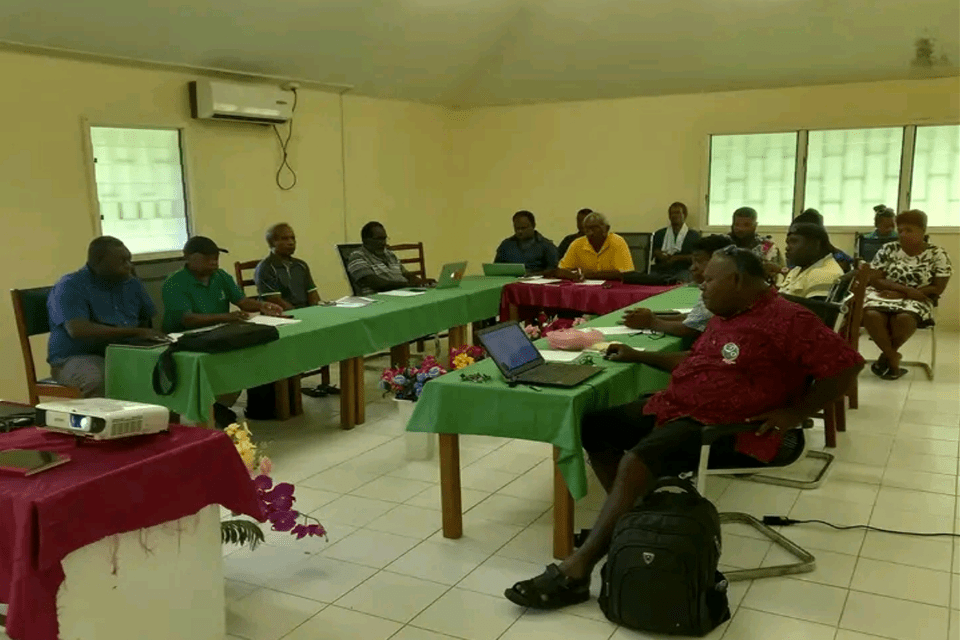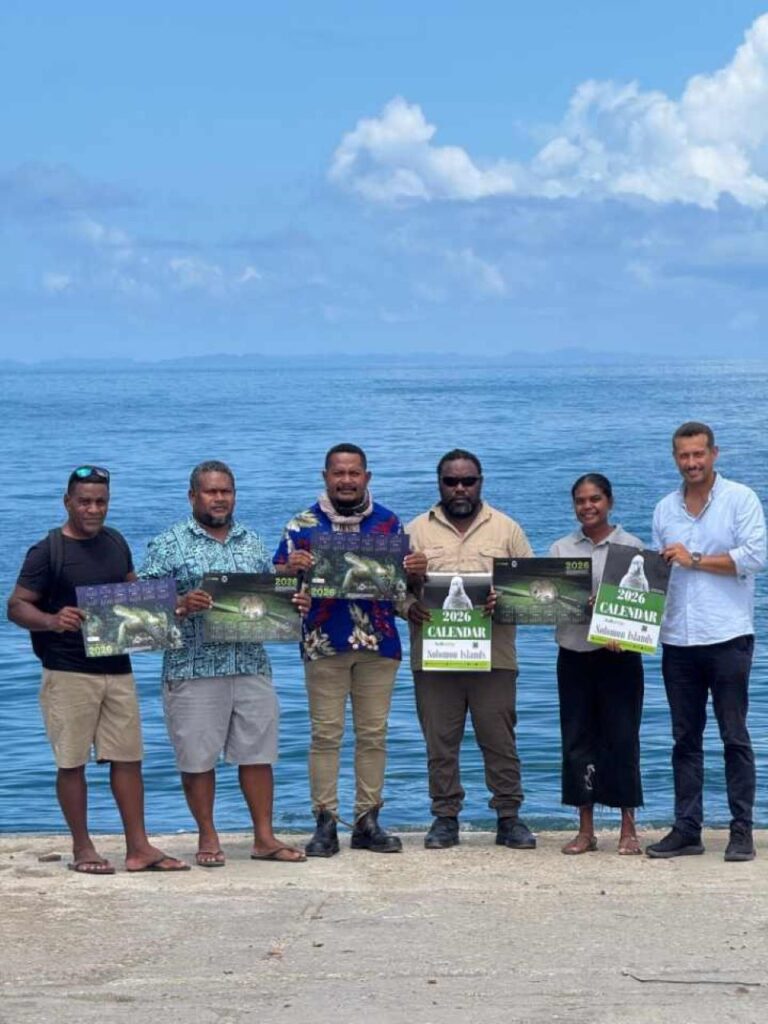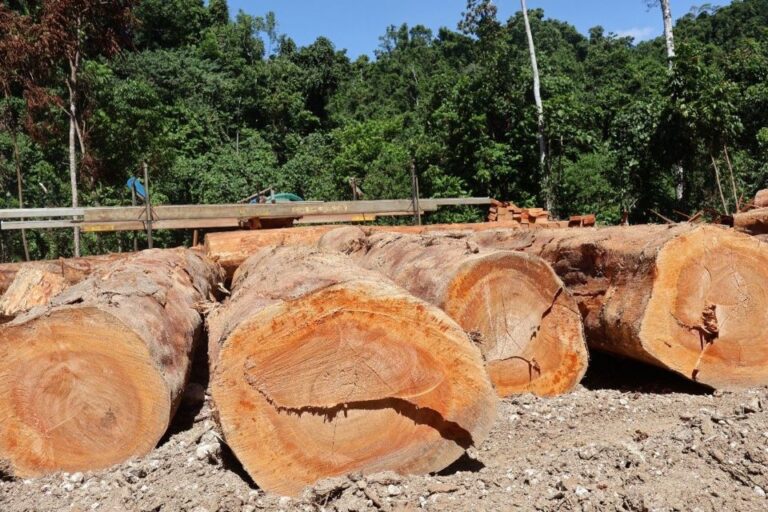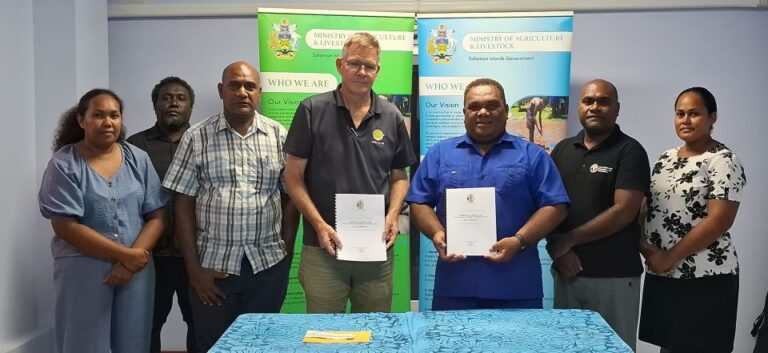BY JOHN HOUANIHAU
As part of the Solomon Islands government’s program to revive the country’s crippling cattle industry, a stakeholder’s workshop on the feasibility study for the development of the Hakama Cattle Farm has been held in Tulagi, Central Islands Province.
The one-day workshop presented an opportunity for locals, the Central Islands Provincial Government, the Ministry of Commerce and Trade, the Ministry of National Planning and Development Coordination, the Ministry of Agriculture and Livestock, and other stakeholders to make inputs and suggestions for the cattle project.
Robert Manebona told Environment Media that the cattle farm project which is situated at Hakama village in Tulagi, Central islands province is funded by the Solomon Islands government and World Bank.
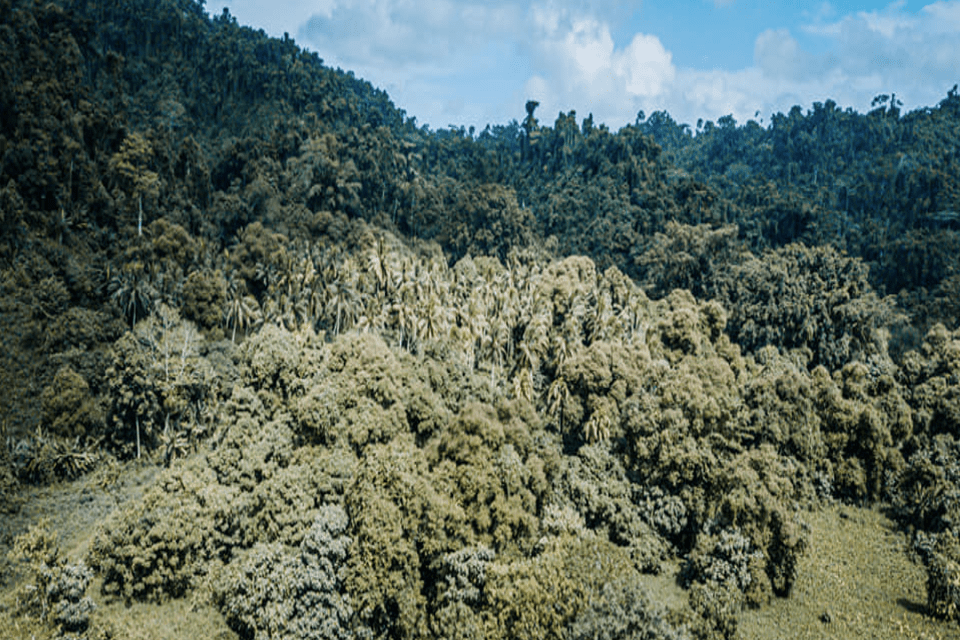
He said that the purpose of the workshop is to update the provincial government and the national government’s key ministries on the ongoing work made so far based on the feasibility study carried out by the local stakeholders.
“A draft report will be given a week for final comments and input from stakeholders before the submission of the finalized report for cabinet deliberation for approval.
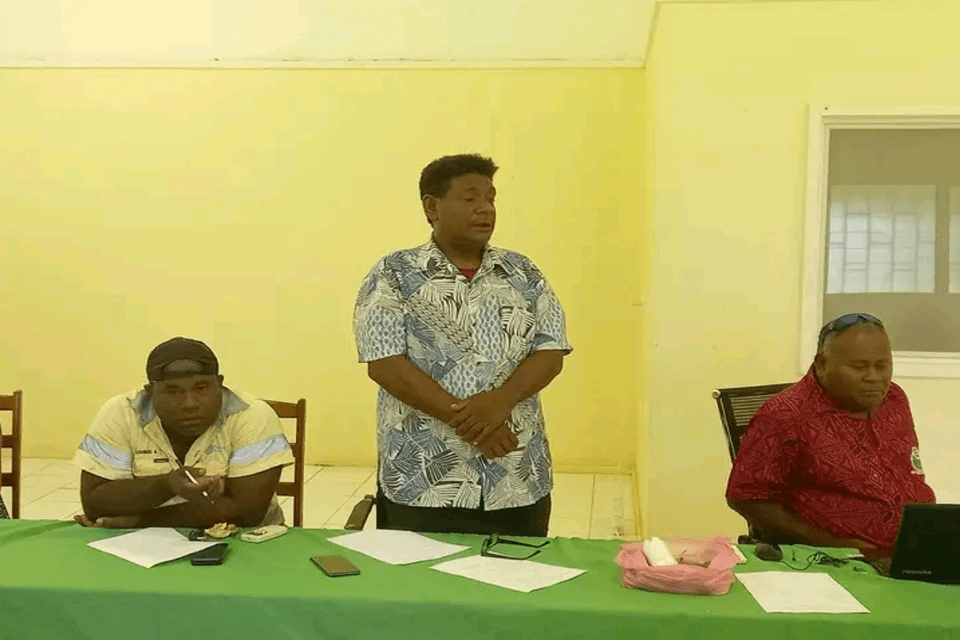
“The cattle farm project is piloted by the ministry of commerce, national planning, and the Ministry of Agriculture and is implemented by Central islands province.
“The bid should be put through the Ministry of National Planning and Development Coordination for 2023,” Manebona said.
He said that the cattle project aims to prioritize the production of dairy, milk, and meat.
“The Ministry of Agriculture and Livestock had pledged five cows as the starting herd. The herds comprised four females and one male which is to be sourced from Malaita province.
“Another option is to outsource or use the out growers cattle model by local communities. The priority now is for the Central island province to get the starting herds to the site,” Manebona said.
He said the project fund will be administered through the national government’s Ministry of Commerce and Trade.
“A few ongoing works at the farm are infrastructure works and improvements that have been identified to improve the Hakama farm setup.
“The Ministry of Agriculture and Livestock to lead in the land use planning for the whole farm including crops, piggery, poultry, biogas, and kava.
“The Hakama cattle farm has six paddocks where two are almost ready and only need minor improvement of gates and new locks.
“Hakama cattle farm paddock can hold a capacity of 40-50 cows.
“The environment and vegetation are conducive for the cattle. If the project kicks off soon between 2022-2023 production of fresh milk or pasteurized milk is expected by 2025.”

